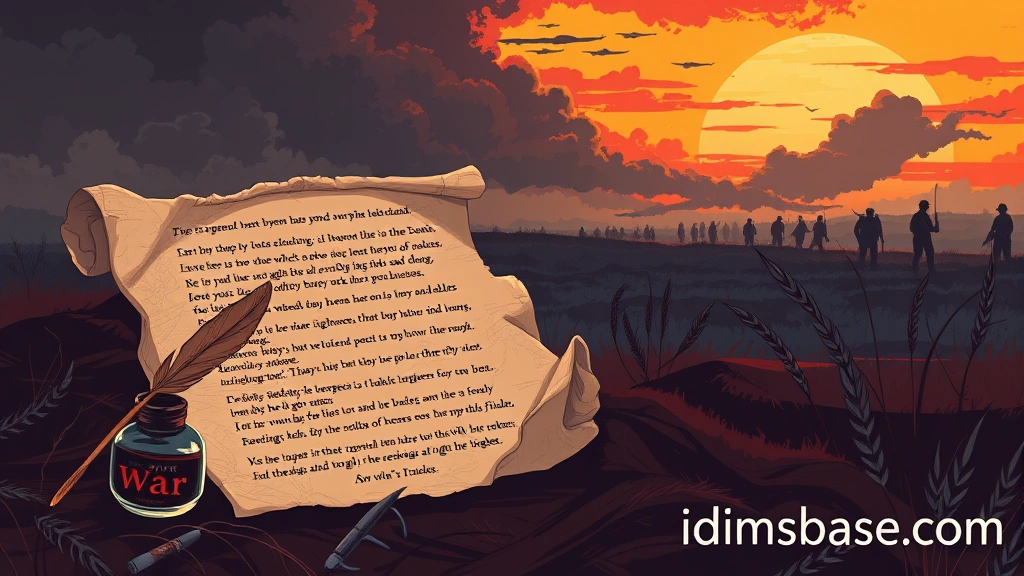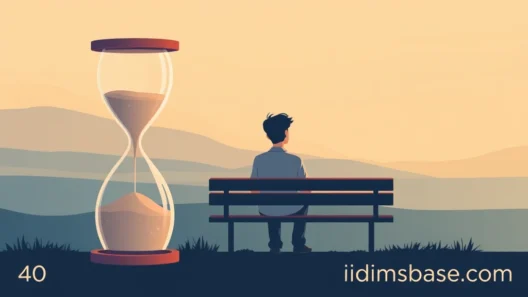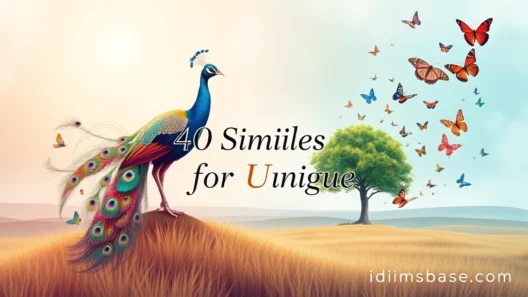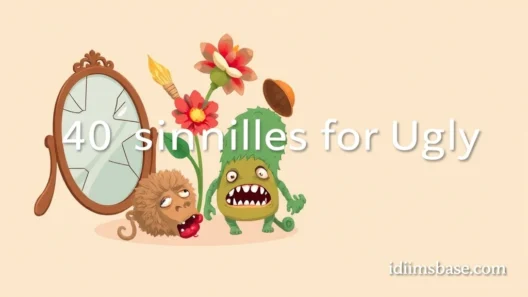Have you ever tried to describe something as vast, complex, and devastating as war? It’s a monumental task, isn't it? War touches every facet of human experience, from the personal to the global, leaving an indelible mark on history and individual lives. To truly grasp its multifaceted nature, we often turn to the power of language, especially figures of speech like similes. Similes, with their "like" or "as" comparisons, help us paint vivid pictures and understand abstract concepts by relating them to something more familiar.
In this exciting exploration, we're going to dive into 40 powerful similes that capture the essence of war in all its forms. Whether you're a writer looking for fresh inspiration, a student trying to understand historical texts, or simply curious about the depth of human expression, you're in for a treat! Let's unlock the poetic power of language and see how these comparisons can illuminate the darkest corners of human conflict.
The Raw Brutality of War
War is often likened to things that are harsh, destructive, and utterly unforgiving. These similes help us grasp its immediate and devastating impact.
- War is like a raging inferno, consuming everything in its path. Imagine uncontrolled flames, devouring homes, forests, and lives. It leaves nothing but ash and desolation.
- It's as destructive as a category 5 hurricane. Think of the sheer force of nature, tearing down buildings and reshaping landscapes. War does the same to societies.
- War is like a meat grinder, indiscriminately crushing lives and hopes. This grim simile highlights the cold, mechanical nature of conflict, where individuals become mere statistics.
- It’s as brutal as a bare-knuckle brawl, with no rules and no mercy. Picture a desperate fight for survival, where every blow aims to incapacitate.
- War is like a cancerous growth, spreading relentlessly and devouring its host. It starts small but can consume entire nations, leaving them weakened and hollow.
The Psychological Toll of War
Beyond the physical destruction, war leaves deep and lasting scars on the human psyche. These similes explore the emotional and mental burdens it imposes.
- War is like a silent scream, echoing in the minds of survivors. It's a pain too profound for words, a constant reminder of what was lost.
- It's as chilling as a ghost story, haunting generations with its memories. The specter of past conflicts continues to influence present decisions and fears.
- War is like a suffocating blanket, smothering joy and hope. It smothers the human spirit, making it hard to breathe or find light.
- It’s as heavy as a lead weight, pressing down on the hearts of those who endure it. The burden of loss, trauma, and uncertainty is immense.
- War is like a shattered mirror, reflecting a distorted and fragmented reality. It breaks down perceptions, making it hard to see a clear path forward.
War as a Game or Performance (with a Dark Twist)
Sometimes, war is described in terms that hint at strategy, performance, or even a twisted form of entertainment for those in power, contrasting sharply with its grim reality.
- War is like a macabre chess game, where pawns are lives and the stakes are nations. Leaders move pieces, but the human cost is immeasurable.
- It's as orchestrated as a deadly ballet, with precise movements leading to destruction. There's a chilling precision to military maneuvers, even in their chaos.
- War is like a high-stakes poker game, where bluff and deception are key, and the losers lose everything. It involves calculated risks and hidden intentions.
- It’s as theatrical as a tragic play, with acts of heroism and villainy, but no applause. The drama unfolds on a grand stage, but the outcome is always sorrow.
- War is like a brutal sport, where victory is celebrated, but the injuries are permanent. The competition is fierce, and the consequences are dire.

The Unpredictability and Chaos of War
War is rarely orderly; it's often a whirlwind of confusion, chance, and unforeseen consequences. These similes capture its unpredictable nature.
- War is like a runaway train, gathering speed and impossible to stop. Once it starts, it has a momentum of its own, hurtling towards an unknown destination.
- It's as unpredictable as a rogue wave, appearing suddenly and overwhelming everything. Just when you think you understand it, war throws a curveball.
- War is like a tangled knot, impossible to unravel once it's begun. The complexities and interdependencies make it incredibly difficult to resolve.
- It’s as chaotic as a swarm of angry bees, stinging indiscriminately. There's no clear pattern, just widespread aggression and pain.
- War is like a house of cards, collapsing at the slightest tremor. It's built on fragile foundations, ready to fall apart at any moment.
War as a Cleansing or Transforming Force (Controversial)
While devastating, some perspectives, often historical or philosophical, have viewed war as a catalyst for change, however painful. These similes touch on that difficult idea.
- War is like a bitter medicine, necessary for a greater cure. This controversial simile suggests it's a painful but sometimes unavoidable path to a different future.
- It's as purifying as a wildfire, burning away the old to make way for new growth. It can clear the ground for new societal structures or ideas.
- War is like a sculptor's chisel, reshaping nations with painful blows. It carves out new boundaries, new governments, and new identities.
- It’s as transformative as a caterpillar becoming a butterfly, but through immense suffering. The old form is destroyed, but something new emerges.
- War is like a harsh winter, killing off the weak but strengthening the resilient. It tests the limits of endurance and survival.
The All-Encompassing Nature of War
War doesn't just affect soldiers; it permeates every aspect of society. These similes highlight its pervasive reach.

- War is like a vast spiderweb, trapping everyone in its sticky threads. No one is truly untouched; its effects ripple through communities.
- It's as pervasive as the air we breathe, influencing every decision and thought. It becomes a constant, inescapable presence.
- War is like a dark cloud, casting a shadow over every sunny day. Even in moments of peace, the threat or memory of war lingers.
- It’s as relentless as a rising tide, slowly engulfing everything in its path. It creeps into every corner of life, leaving no escape.
- War is like a deep river, flowing through the landscape of history, shaping its banks. It carves paths and defines eras.
War as a Disease or Illness
Viewing war as a malady emphasizes its destructive, debilitating, and often self-inflicted nature.
- War is like a fever, burning through a nation's resources and strength. It weakens the body politic, leaving it vulnerable.
- It's as contagious as a plague, spreading from one conflict to another. One war can easily ignite others, creating a chain reaction.
- War is like a chronic illness, debilitating a society for generations. Its effects linger long after the fighting stops, impacting health, economy, and morale.
- It’s as debilitating as a heavy addiction, offering a temporary high at a devastating cost. Nations can become trapped in cycles of conflict.
- War is like a festering wound, refusing to heal and constantly causing pain. Without proper resolution, the hurt remains.
The Sensory Experience of War
These similes focus on the visceral, immediate sensory impact of being in a warzone.
- War is like a deafening roar, drowning out all other sounds. The noise of explosions, gunfire, and screams is overwhelming.
- It's as acrid as burning rubber, filling the air with the stench of destruction. The smell of smoke, blood, and decay is unforgettable.
- War is like a blinding flash, momentarily erasing all clarity. Explosions and chaos can disorient and confuse.
- It’s as sharp as broken glass, cutting deep and leaving lasting wounds. The physical and emotional pain is acute.
- War is like a bitter taste, leaving an unpleasant residue long after the conflict ends. The memory and consequences stay with you.
Key Takeaways

- Similes are powerful tools: They help us understand complex concepts like war by comparing them to more familiar ideas.
- War has many facets: The 40 similes explored here highlight war's brutality, psychological toll, unpredictability, and pervasive nature.
- Language shapes perception: How we describe war can influence our understanding and response to it.
- Diverse perspectives: Similes can reflect different viewpoints on war, from its destructive chaos to its controversial role as a catalyst for change.
Frequently Asked Questions (FAQ)
Q1: Why are similes important when describing war?
Similes are incredibly important because they add depth and vividness to descriptions of war. War is such a complex and often abstract concept that direct descriptions can fall short. By comparing war to concrete, relatable things (like a "raging inferno" or a "meat grinder"), similes help readers visualize its impact, feel its emotional weight, and grasp its various dimensions in a more profound way. They make the abstract tangible.
Q2: What's the difference between a simile and a metaphor?
That's a great question! Both similes and metaphors are figures of speech that make comparisons, but they do it in slightly different ways. A simile directly compares two unlike things using the words "like" or "as." For example, "War is like a raging inferno." A metaphor, on the other hand, states that one thing is another, implying the comparison without using "like" or "as." For instance, "War is a raging inferno." Metaphors are often seen as stronger or more direct because they assert a direct identity.
Q3: Can similes about war be offensive?
Yes, absolutely. While similes are powerful, their impact depends heavily on context, the specific comparison made, and the audience. Some similes, especially those that might trivialize the suffering of war victims or romanticize conflict, could be seen as offensive. For example, comparing war to a "game" without acknowledging the devastating human cost could be insensitive. It's crucial to be mindful of the profound impact of war and choose similes that reflect that gravity and respect.
Q4: How can I use these similes in my writing?
You can use these similes in many creative ways! If you're writing fiction, they can enrich your descriptions of battle scenes, character emotions, or the overall atmosphere of a world affected by war. In non-fiction, like essays or historical analyses, they can help you explain complex concepts or evoke empathy in your readers. When using them, always consider the flow of your writing and ensure the simile enhances your message rather than just being decorative. Don't be afraid to experiment and even create your own!
Q5: Are there positive similes for war?
Generally, it's very challenging to find truly "positive" similes for war, given its inherently destructive and violent nature. Most similes that might seem positive (like "war is like a cleansing fire" or "a sculptor's chisel") are usually controversial because they imply a beneficial outcome, often at an immense cost of human life and suffering. These types of similes are more about transformation or necessary evil rather than celebrating war itself. For most, war is an overwhelmingly negative experience, and language reflects that.
War is a topic that demands our attention, our understanding, and our deepest reflection. By exploring these 40 powerful similes, we hope you've gained a richer appreciation for the complexities of conflict and the incredible power of language to help us comprehend it. Which simile resonated most with you? Do you have a favorite or a new one to add? Share your thoughts and let's continue this important conversation! Your insights contribute to a deeper understanding for us all.






